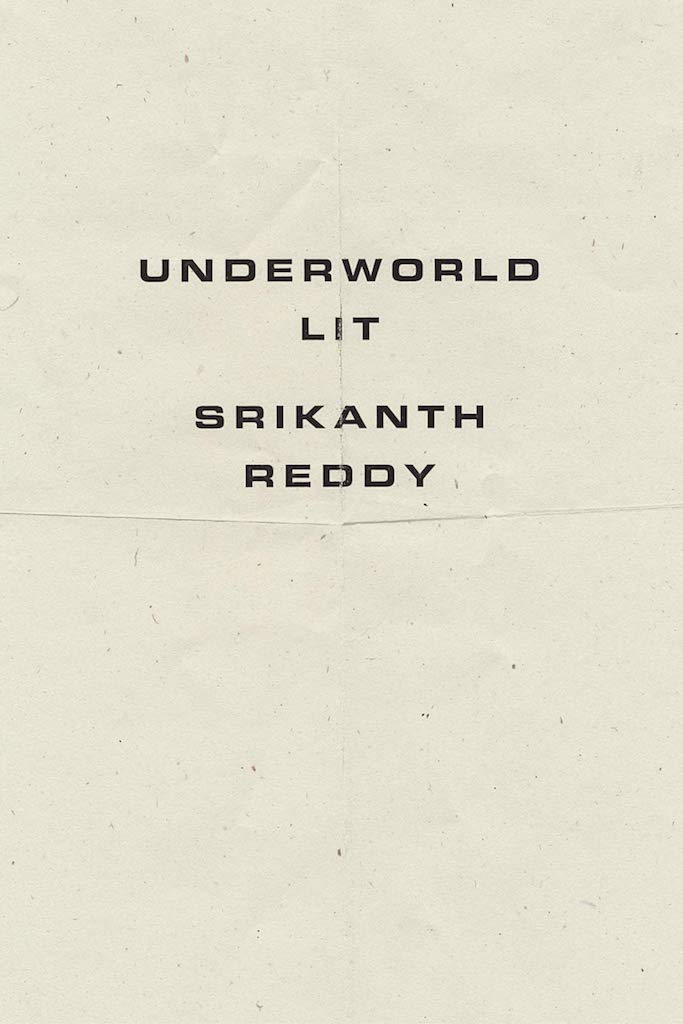Spring Term: XXI
Some nights I am led through a series of sliding gates and reinforced security doors to a Belle Époque tea parlor where Father Uyghur, suffering from a bad cold, turns over cards on a table. “Here,” he says, wiping his mouth, “is your card, Inkblot II.” Looking down, I see a faded discoloration with spattered edges, but think it best to say nothing. I’ve come here to ask the old man for a letter of reference. Outside the facility, crackling loudspeakers sound the call to prayer. There is only one card, but it is infinite in number. With a wave of his hand, the card turns over once more, only now it is the Justice Card—a child’s transitional object in need of mending, an oil well burning on the horizon, a scale model of the cooling universe. My examiner studies me, his eyes sunk in deep pools of shadow, as if I, too, were some riddle without a solution. “There is only one dream,” he observes, blurring around the edges, “but it is infinite in number.”
Spring Term: XXII
Reviewing my notes of the last year, I see that I have occasionally referred to past events as if they were present. In my defense, it is a habit born of scholarly convention. One would not write “Virgil wrote,” but rather, “Virgil writes of two ways to exit the realm of the dead,” in a formal study of underworld closure. Just so, every writer, living or dead, is forever suspended in a crepuscular present indicative.
The same could be said of world affairs writ large. AFGHANISTAN SIGNED MAJOR OIL DEAL WITH CHINA would make for an awkward headline. Somehow AFGHANISTAN SIGNS MAJOR OIL DEAL WITH CHINA sounds more timeless. The story itself may revert to the preterite—i.e., “the Islamic Republic of Afghanistan and the People’s Republic of China arrived at an agreement for the development of oil blocks in the Amu Darya basin”—but the slippage is there for all to see.
The grammatical term for this crux in our language is the historical present. It gives one a feeling that what is over and done with remains somehow in process. Looking out the window, I think it over. My wife is digging a hole under our overgrown Japanese maple. Stray leaves cling to her shoulders and hair. Tearing at her mother’s bathrobe, Mira wails, an anti-Antigone, drenched in tears and snot. “Please, Mama, no, I don’t want to say bye-bye!” I do not go out to them. Sorry. I wasn’t there.





